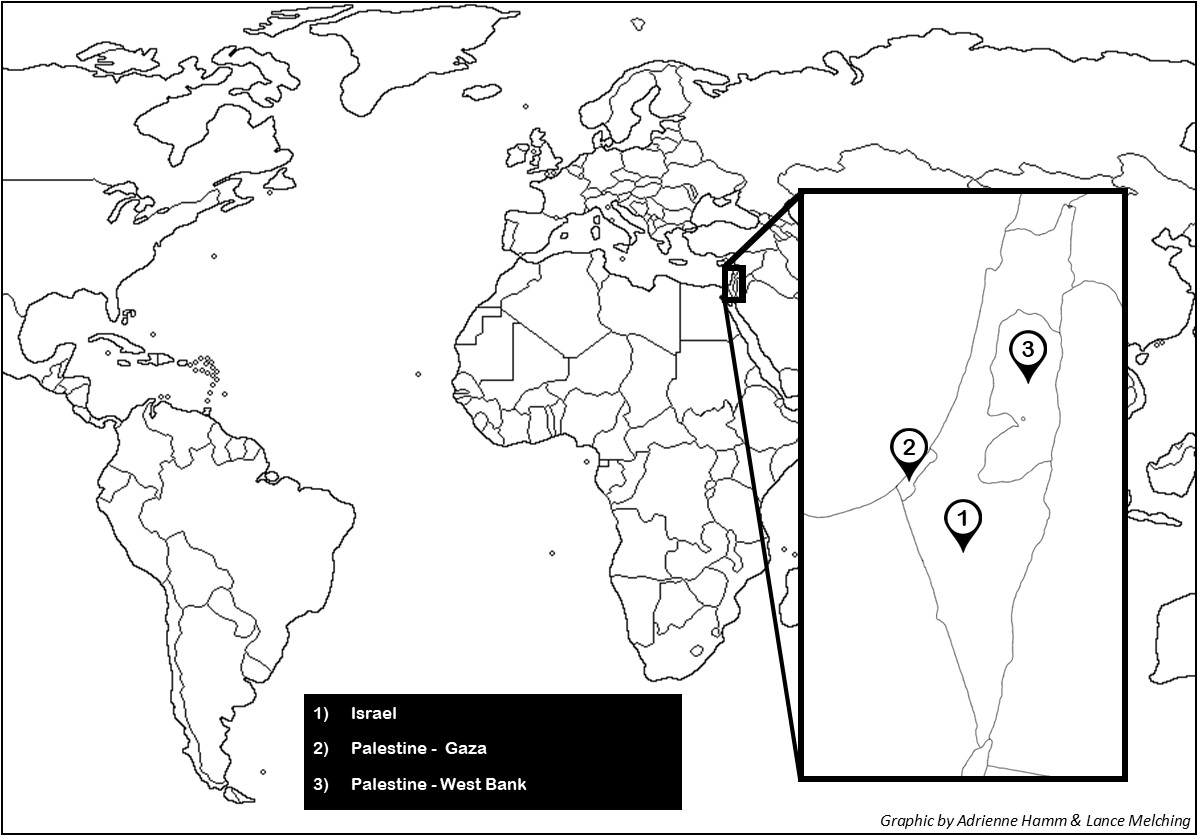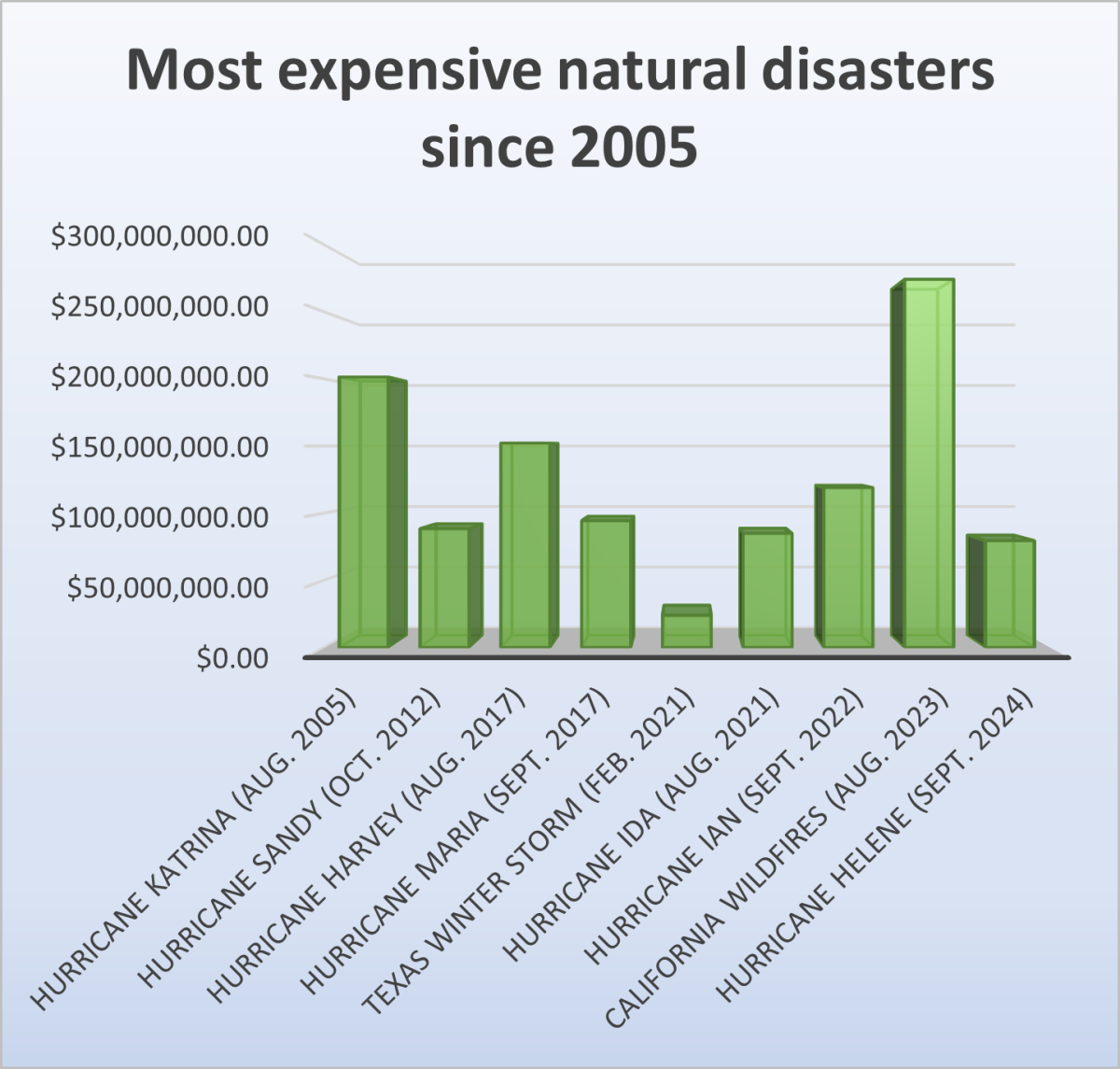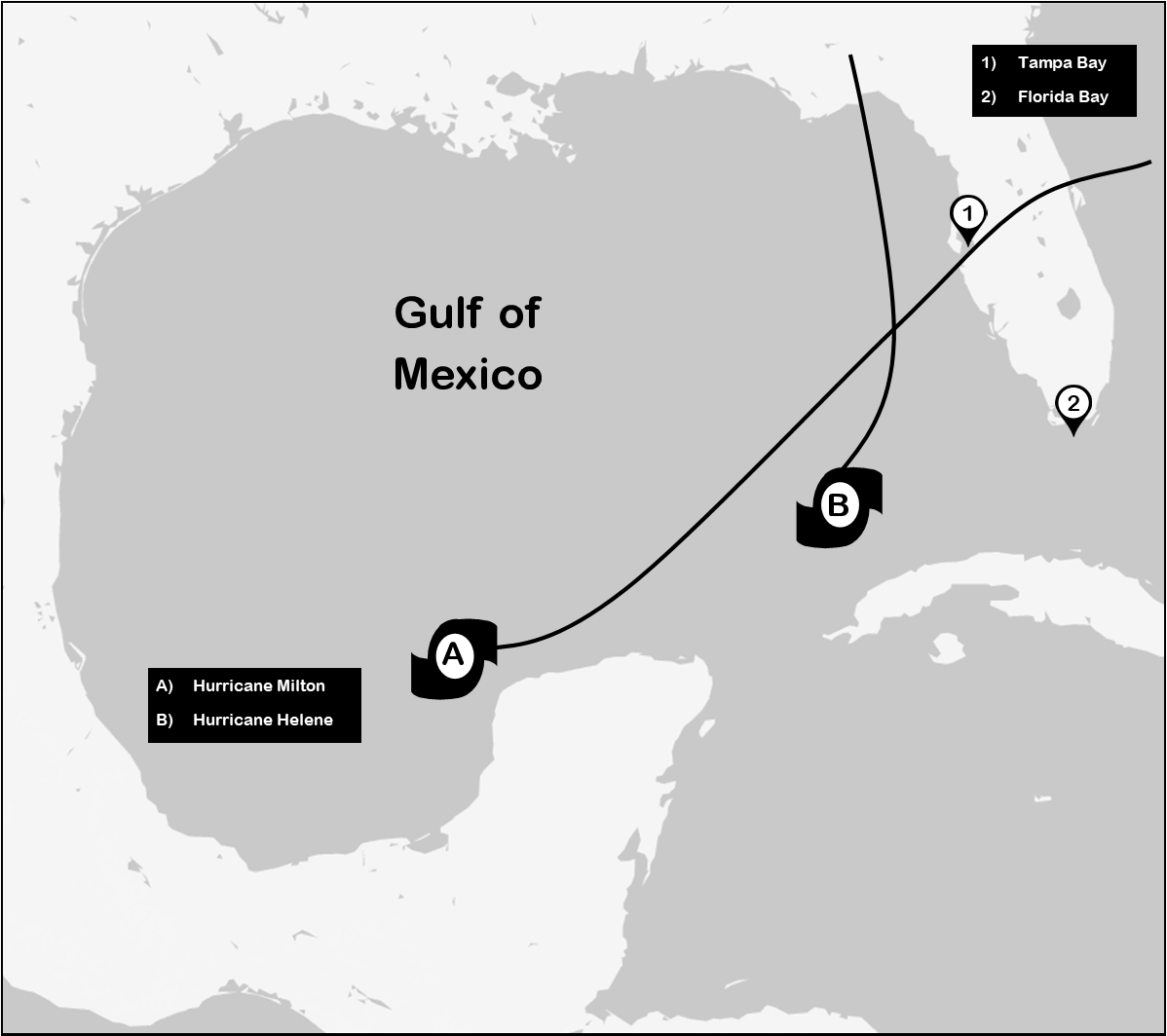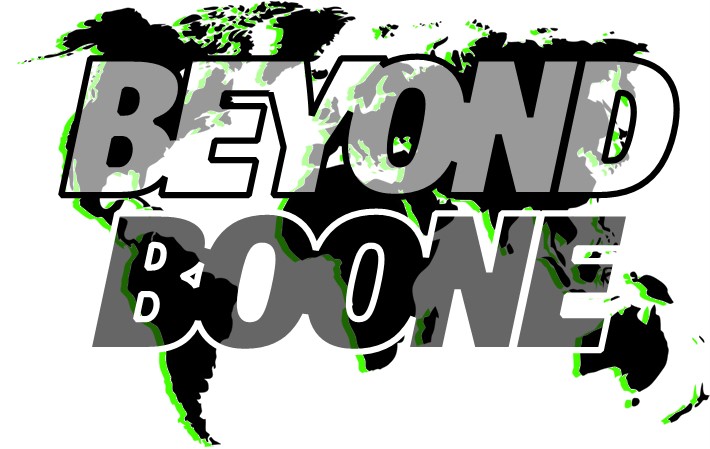The Israel and Palestine conflict is the perfect example of issues getting out of hand. Ever since the creation of Israel 76 years ago, there have been many conflicts and the death and suffering of thousands between Israel and Palestine.
For all of this time, the United Nations and the United States have tried to end the conflict with numerous peace treaties, and have tried to control the way Palestine or Israel fight.
This conflict can grow into a larger fight between other countries in the Middle East, and can have an effect on the upcoming 2024 United States Presidential race.
In 1947, the United Nations divided the British controlled land of Palestine into Arab and Jewish states. On May 14, 1948, the State of Israel was created, and the territory was divided into three parts: the State of Israel (Jewish), the West Bank (Arab), and the Gaza Strip (Arab).
Palestine and Israel have entered countless battles and conflicts with each other since the inception of Israel.
In 1993, Israel and the Palestinian Liberation Organization signed the first of the Oslo Accords establishing the Israeli Authority with limited control of the West Bank and Gaza Strip. The Oslo Accords were one of the attempts at a peace treaty between Israel and Palestine.
In 1994, Israel started construction of a “security fence” around the Gaza Strip, essentially making the Gaza Strip what critics call an “Open Air Prison.”
Hamas is an Islamist militant movement and one of Palestine’s two major political parties. It won power in an election in 2006 and now governs more than two million Palestinians in the Gaza Strip. The group is best known for its armed resistance to Israel.
Since 2007, Israel has maintained strict control over Gaza’s airspace and territorial waters and restricted the movement of goods and people in and out of Gaza.
Early in the morning on Oct. 7 2023, Hamas launched “Operation Al-Aqsa Storm,” an operation that will never be forgotten in its strategy, scale, and secrecy.
Hamas launched several thousand rockets into southern and central Israel, hitting cities as far north as Tel Aviv. Hamas militants also breached the heavily fortified Gaza border and infiltrated many southern Israeli towns and villages, killing more than 1,400 people and wounding and kidnapping more on the day, which was the Jewish Sabbath and an important Jewish holiday.
On Oct. 27 2023, Israeli forces started their ground invasion and encircled Gaza City, cutting it off from southern Gaza and squeezing Hamas.
Hundreds of thousands of civilians remain in the city. Gazan health officials say the war has killed over 30,000 Palestinians, including more than 13,000 children.
More than 61% of buildings in Gaza have been destroyed or damaged, which includes 60% of residential buildings, 80% of commercial facilities, and 80% of school buildings.
The territory is also desperately low on water, fuel, and supplies as Israel has rejected humanitarian pauses and limited the amount of aid that can enter.
The mass civilian casualties and the restriction of humanitarian aid in Gaza has prompted allegations and investigations of genocide being committed by Israel against Palestine.
On April 7, a mass grave was found at Gaza’s Nasser Hospital containing 392 bodies, most being under the age of 15 and dressed in hospital gowns, meaning they were receiving treatment at Nasser hospital.
Twenty bodies had evidence of being buried alive, and ten bodies were found with their hands tied behind their back and gunshots to the head. Many families are still waiting for news of their loved ones.
Israel denies the genocide allegations.
As a long time ally to Israel, the United States government finds itself in a difficult situation.
Prior to the war, President Biden showed little or no interest in a U.S. effort to push a two-state solution to the Israeli-Palestinian conflict, but his administration is now squarely behind the idea of Israel and Palestine living side by side and in peace.
A “two-state solution” is the idea of Palestine and Israel being their own separate states and not Palestine being controlled by Israel like how it is now. The United States have shown their support to Israel by sending aid and weapons. Biden has also publicly condemned Hamas and their attacks on Israel.
The death toll and inaction from the U.S. government has led to many protests across the United States urging for a ceasefire and an end to the conflict.
In March, President Biden announced that the U.S. would carry out airdrops of aid into Gaza. Since then, the Department of Defense has carried out three airdrops that include 192 bundles containing 112,896 meals.
The U.S. government has been working to secure a deal that would see a temporary suspension of the fighting.
On April 22, a pro-Palestinian demonstration broke out at Yale and Columbia University in the U.S.
The demonstrations have spread to campuses from coast to coast, and while most of the protesters voice support for Palestinians and anger at Israel’s handling of the war—not at Jews in particular—many Jewish students have said they fear for their personal safety after incidents of antisemitism.
The protests started on the first day of Passover, an important Jewish holiday, and dozens of students have been arrested and suspended for taking part in the protests.
Most famously, during the Macy’s Day Parade on Thanksgiving 2023, pro-Palestinian demonstrators took to the streets to block the parade and to call for a ceasefire during one of the most viewed televised events of the year.
These protests show how much young adults care about the Israel and Palestine conflict, and how they are not afraid to demonstrate and make sure their voice is heard.
This can be a campaign issue for President Joe Biden and former President Donald Trump in the upcoming 2024 election.
A suspected Israeli strike on Iran’s consulate in Syria on April 1 prompted Iran’s first-ever direct attack against Israel on April 13.
More than 300 drones and missiles headed toward Israel, but the country was able to successfully put to the test its aerial defense array, which, along with help from allies, blocked 99% of the projectiles and prevented any major damage.
President Biden has since announced new sanctions and export controls on Iran, which will increase economic pressure on Iran.
In the early hours of April 18, the Israeli military carried out strikes inside Iran in retaliation for the Iranian barrage of missiles and drones launched April 13,an Israeli official said.
It was intended to send a message to Iran that Israel had the ability to strike inside the country. Israel was expected to retaliate after the Jewish holiday of Passover ended on April 30.
Experts fear that these events could escalate into a larger war between Iran and Israel and their allies.






